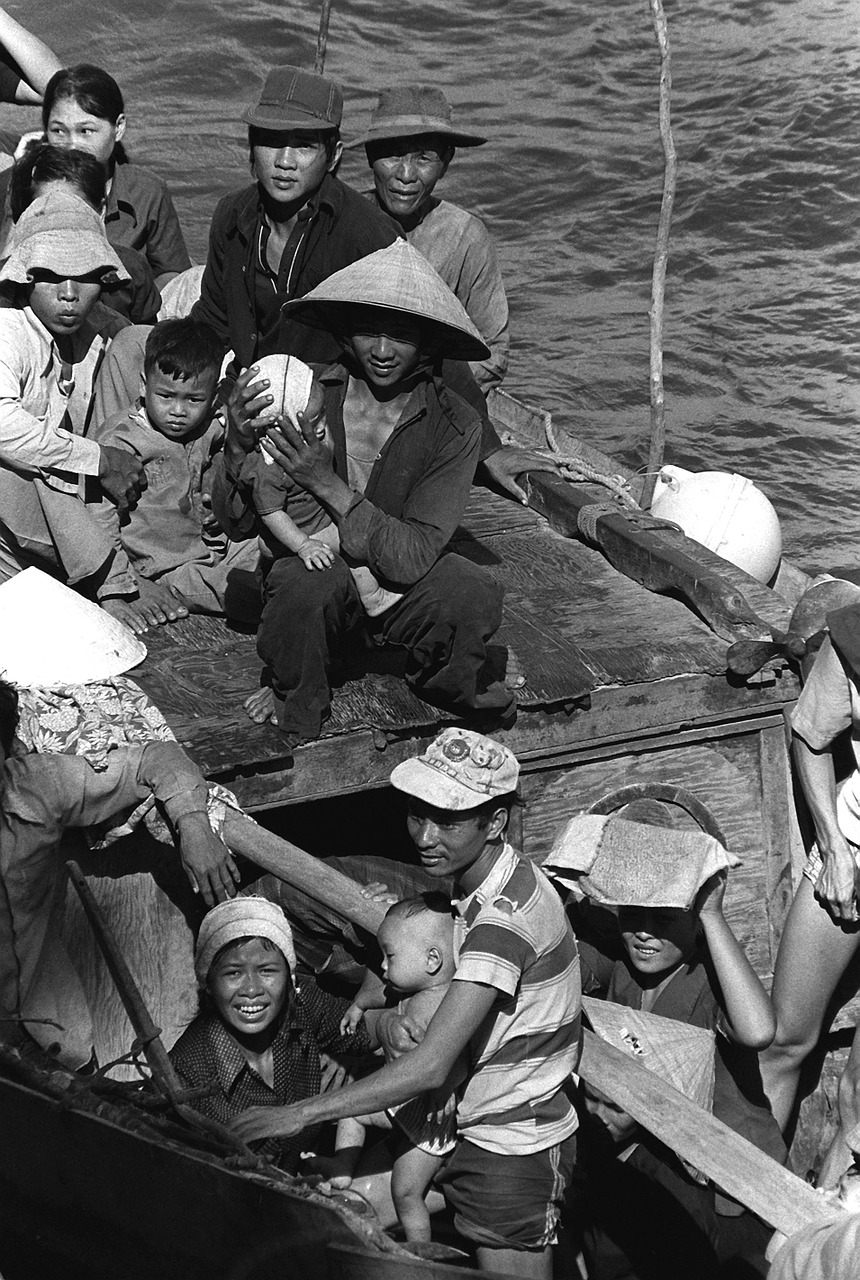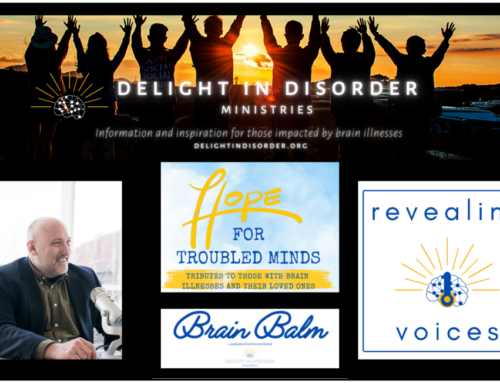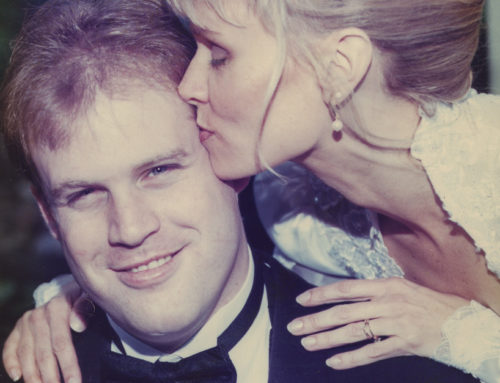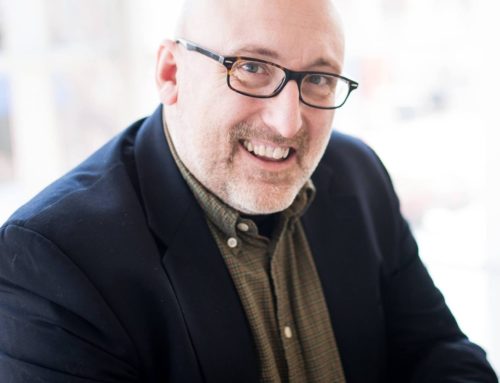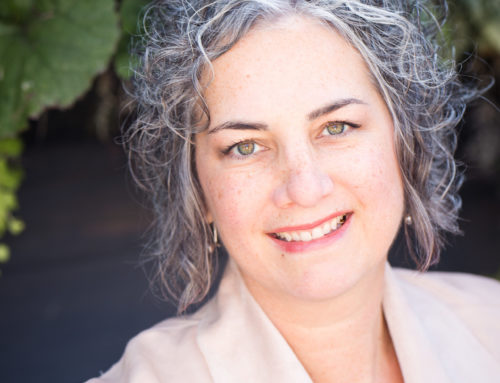Originally published on September 3, 2017 about Hurricane Harvey, just as relevant two years later with Dorian.
Lately the news has been full of stories about Hurricane Harvey and its disastrous impact. Relief efforts are extensive — from government agencies, charitable organizations, private foundations, church groups, and individuals. People are eager to help in such horrifically harsh times, yet many are leery as they hear about instances where resources have been misused, rather than get to folks who need it. It is true our generosity can be abused. When such major needs arise, we give compulsively and, at times, compulsory. We often don’t take the time to see that our gifts support the efforts that will meet the true needs of the most people.
Misplaced trust can particularly happen for those of us with serious mental illness. Many want to help, as we have been helped in our lives. We can identify with people who have lost everything. Some are torn apart emotionally by images of animals being rescued from the flood waters, or a baby floating on her dead mother being carried to safety.
Giving is a sacred expression of our gratitude the God, who gives us all we need and more to share. It would not be right to snub our noses at God and cling to what we’ve been given. If we do this, we are robbing God. We wind up becoming weary, worn out, by carrying the burdens of possessions we are not intended to keep. We come to feel worthless in spite of our financial portfolios. The saying, “It is more blessed to give than to receive,” is more than just a tired cliche. It is a truth to shape our attitudes and actions.
Few folks with a serious mental illness have access to many material resources. Many rely on financial assistance to pay for their own basic needs. Yet, even we can give something we have. Our time – both prayer and action; our talent – cleaning the wreckage and rebuilding; and our treasure — diverting cigarette or Polar Pop monies to relief efforts.
News of such catastrophic events as Hurricane Harvey can overwhelm us, paralyzing us to complacency. What can I possibly do? What good can anyone do? What difference can we make? We may respond with fear of our own vulnerability, our fragile existence, our mortality.
But there is hope. Fred Rogers (a.k.a. “Mister Rogers”) once said, “When I was a boy and I would see scary things in the news, my mother would say to me, ‘Look for the helpers. You will always find people who are helping.'”



